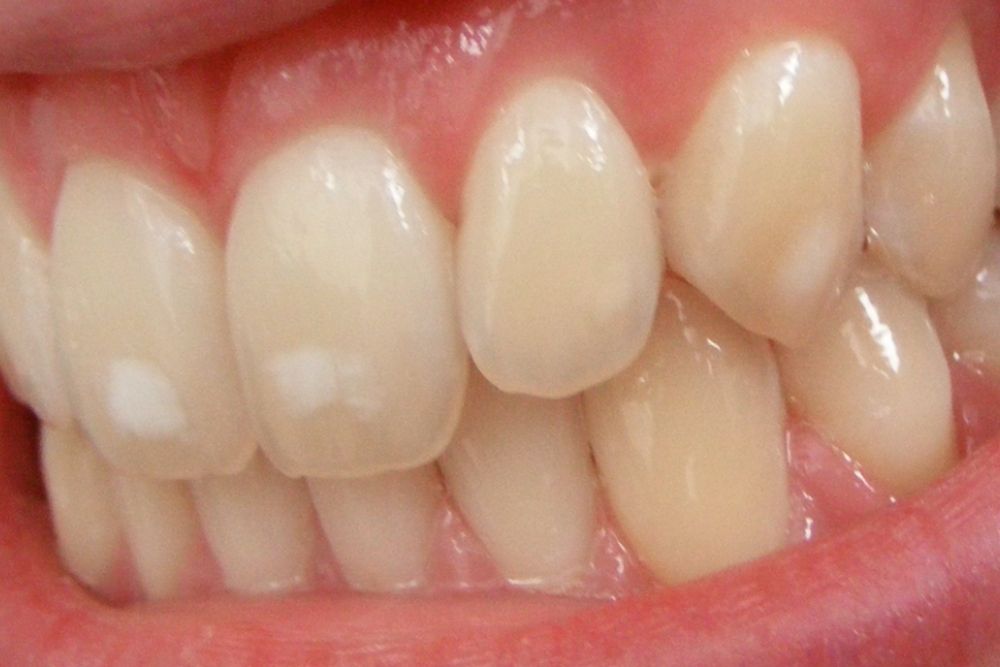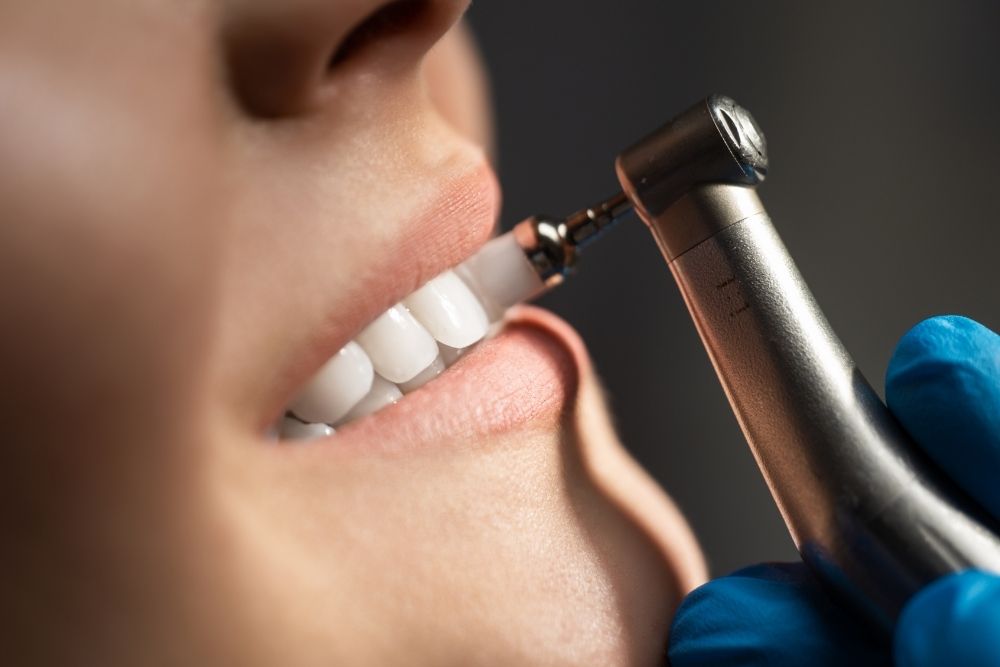Dental
Teeth Whitening
Teeth whitening is a cosmetic dental procedure aimed at brightening and lightening the color of the teeth. It is a popular and non-invasive treatment to remove stains and discoloration, resulting in a whiter and more attractive smile.
Why Hair O Craft ?
Hair transplant experts since 2006
Expert doctors & certified professionals
Completed more than 30000+
Winner of Asianet Excellence Award
When is a teeth-whitening treatment advised?
Teeth-whitening treatment is generally advised for individuals who have stained or discolored teeth and wish to achieve a brighter, whiter smile. It is a popular cosmetic dental procedure to improve the appearance of teeth affected by extrinsic stains, which are stains on the outer surface of the teeth caused by various factors, such as
Food and Beverages
Regular consumption of coffee, tea, red wine, dark-colored fruits, and certain spices can lead to teeth staining over time.


Tobacco Use
Smoking or using tobacco products can cause stubborn yellow or brown stains on teeth.
Poor Oral Hygiene
Inadequate oral care can lead to the buildup of plaque and tartar, contributing to teeth discoloration.


Aging
As we age, the outer layer of tooth enamel can wear down, revealing the yellowish dentin beneath, leading to a less vibrant smile.
Medications
Some medications, like certain antibiotics (e.g., tetracycline) taken during tooth development, can cause intrinsic stains, making teeth appear discolored.


Fluorosis
Excessive fluoride intake during tooth development, such as through high fluoride concentrations in drinking water, can cause fluorosis and lead to dental discoloration. Teeth-whitening treatment is more effective for extrinsic stains, as it targets the outer surface of the teeth. Intrinsic stains, which originate from within the tooth, may require other cosmetic dental solutions like dental veneers or bonding.
What should I keep in mind after undergoing teeth whitening treatment:
After undergoing teeth whitening treatment, it is essential to take some precautions and follow specific guidelines to maintain the results and ensure your oral health.
Here are some things you should keep in mind
- Avoid staining substances: To prolong the effects of teeth whitening, avoid or minimize the consumption of staining substances like coffee, tea, red wine, tobacco, and dark- colored foods and beverages.
- Maintain good oral hygiene: Brush your teeth at least twice a day and floss daily to keep your teeth clean and free from plaque and tartar buildup.
- Use a whitening toothpaste: Consider using a whitening toothpaste, but make sure it is recommended by your dentist to avoid excessive abrasion on your teeth.
- Avoid extremely hot or cold foods: After teeth whitening, your teeth might be more sensitive to temperature changes. Try to avoid consuming very hot or cold foods and beverages.
- Rinse your mouth after eating or drinking: If you do consume staining substances, rinse your mouth with water afterward to minimize their effects on your teeth.
- Use a straw: When drinking staining beverages, using a straw can help minimize the contact between the liquid and your teeth.
- Avoid acidic foods and drinks: Acidic substances can weaken your tooth enamel. After teeth whitening, it's best to avoid excessive consumption of acidic foods and drinks.
- Attend regular dental check-ups: Maintain your regular dental check-ups to ensure your teeth and gums are healthy and to address any potential issues promptly.
- Consider touch-up treatments: Teeth whitening results are not permanent. Depending on the type of treatment you received, you may need touch-up treatments periodically to maintain the whiteness.
- Follow the dentist's advice: Always follow the post-treatment care instructions provided by your dentist to ensure optimal results and to prevent any potential complications. Remember that teeth whitening treatment may not be suitable for everyone, and it's crucial to consult with your dentist before undergoing any whitening procedure to ensure it's safe and appropriate for your dental health.
What is the procedure for teeth whitening treatments?
There are several methods for teeth whitening, Below is a general overview of the procedure for teeth whitening treatments:

Dental Examination
Before starting any teeth whitening treatment, it’s essential to have a dental examination. This step ensures that your teeth and gums are healthy and suitable for whitening. If there are any underlying dental issues, they need to be addressed before proceeding with the whitening process.
Cleaning
If necessary, your dentist may recommend a dental cleaning to remove any plaque, tartar, and surface stains from your teeth. This step ensures the whitening agents can work more effectively.

Teeth Whitening
Protection
Your dentist will protect your gums and soft tissues using a dental dam or a protective gel to avoid any contact with the whitening agent.
Application
A professional-grade gel is applied to the surface of your teeth.
Activation
A special light or laser is used to activate the whitening gel and accelerate the process.
Reapplication
Depending on the level of whitening needed, the dentist may reapply the gel for one or more sessions during the same appointment. Waiting Time: The whitening gel is left on your teeth for a specific amount of time, usually 15 to 30 minutes, depending on the product and the desired results.

Frequently Asking Questions
Let us help
Don’t let your appearance hold you back! We offer services to improve your Hair, Skin, and Dental health. From restoring thinning hair and rejuvenating your skin to lightening your skin tone and enhancing your smile, we’ve got you covered. Look and feel your best with our expert treatments!

